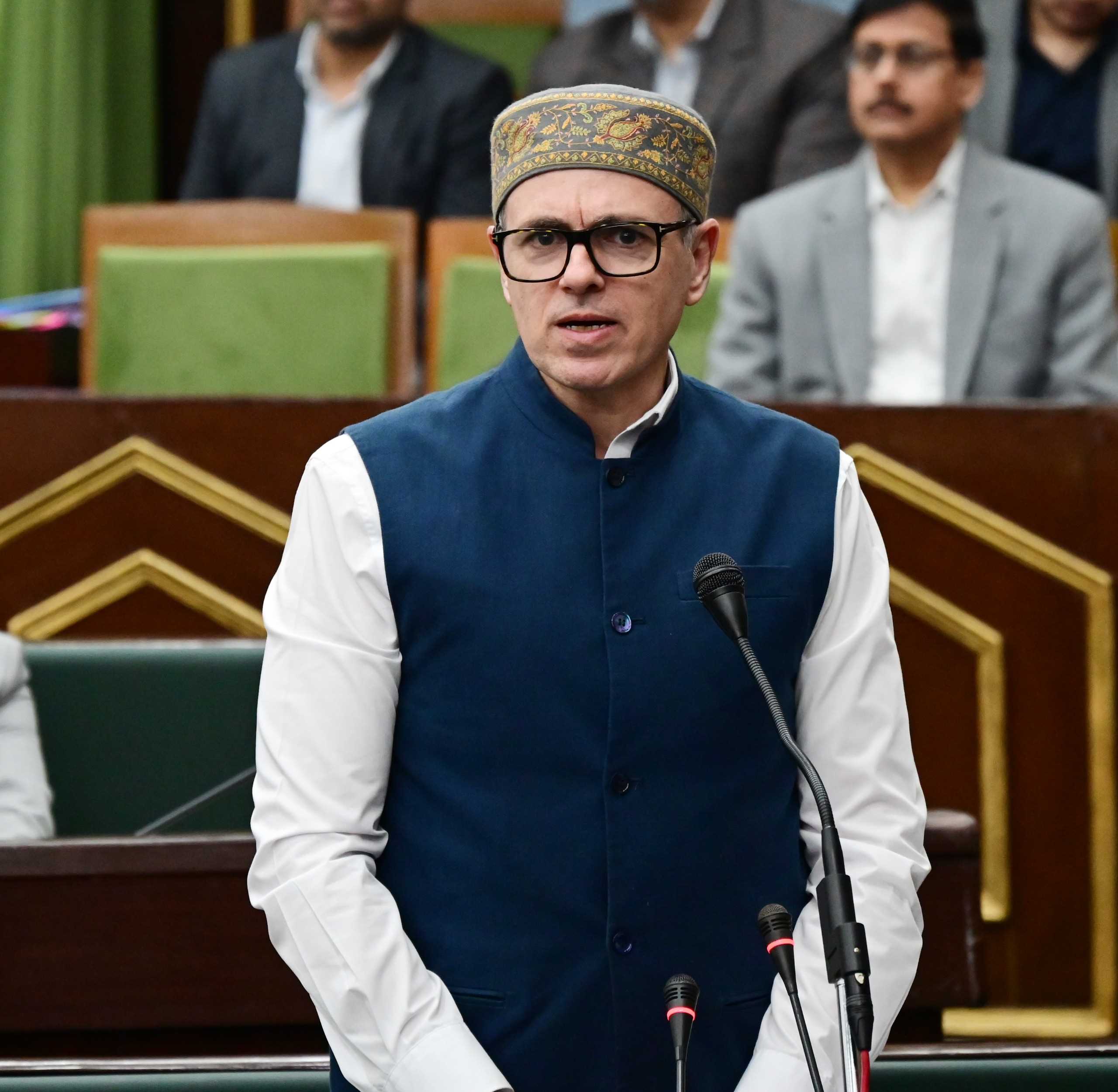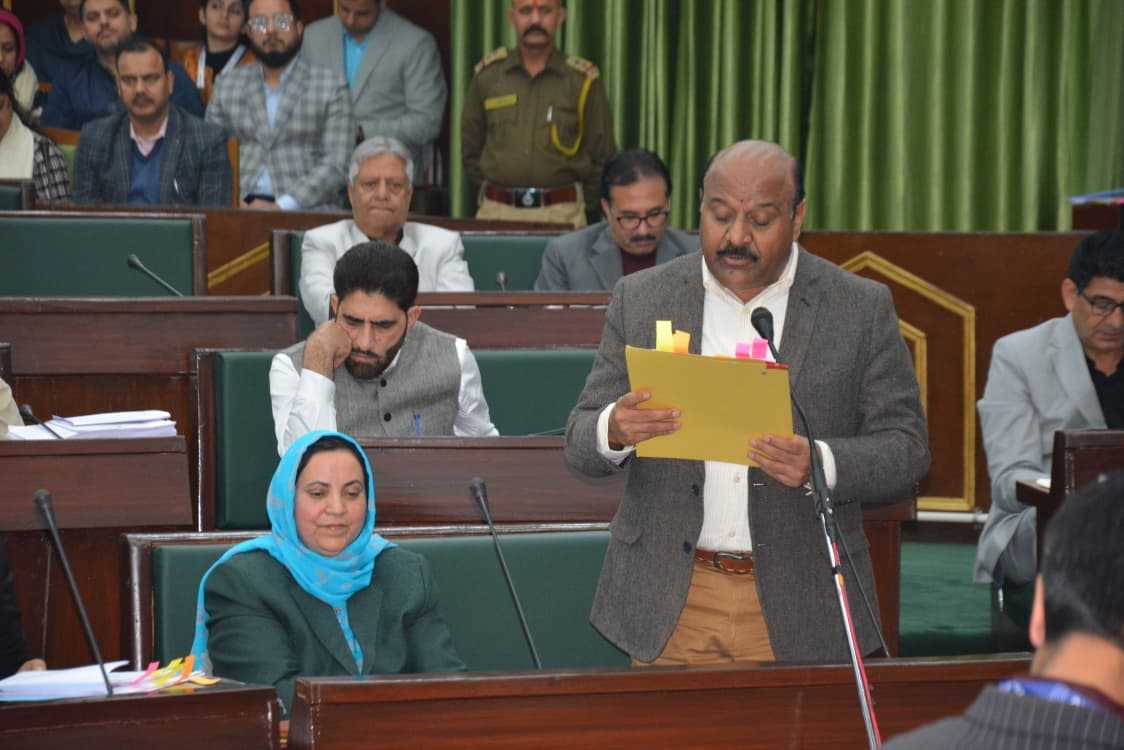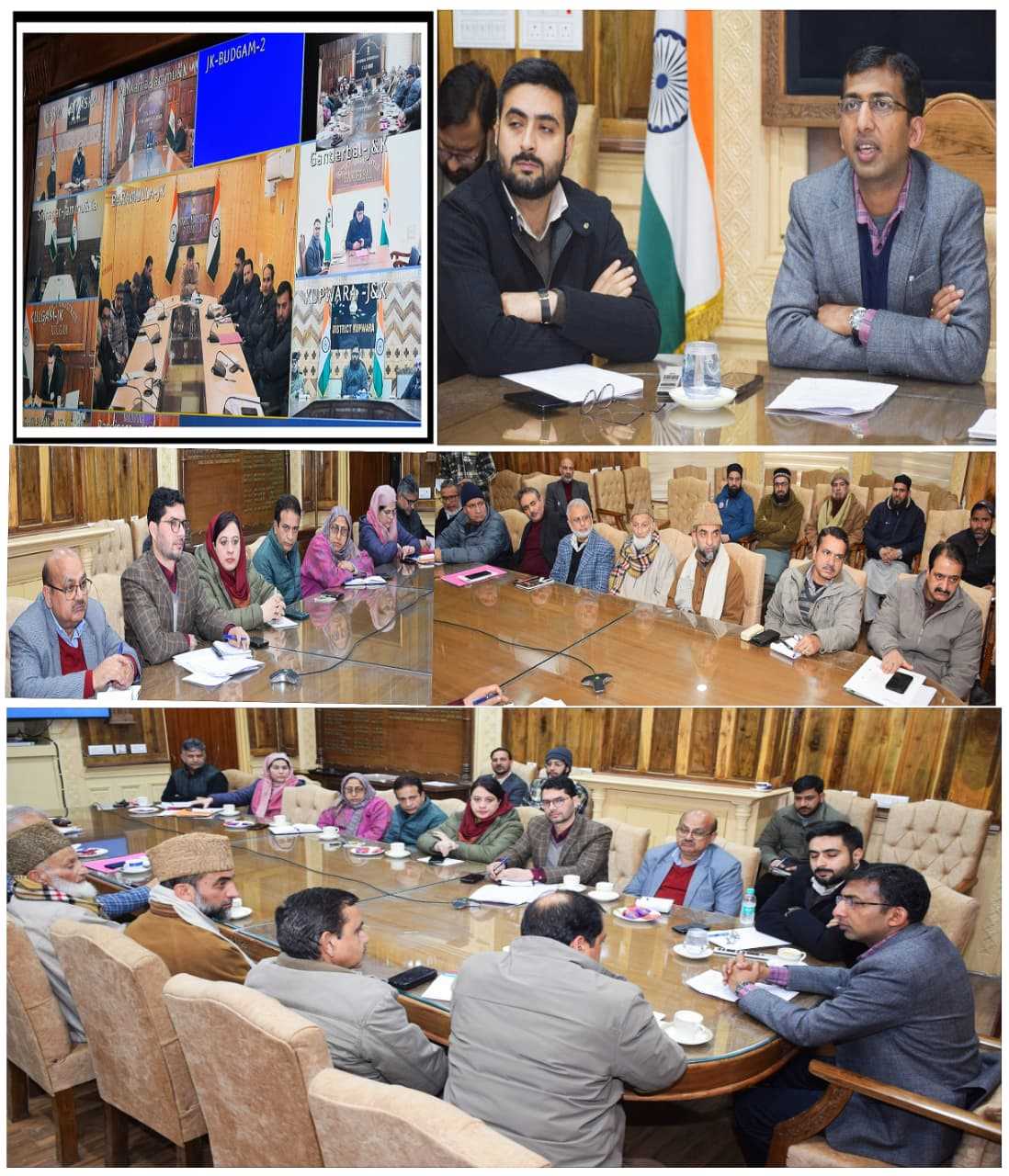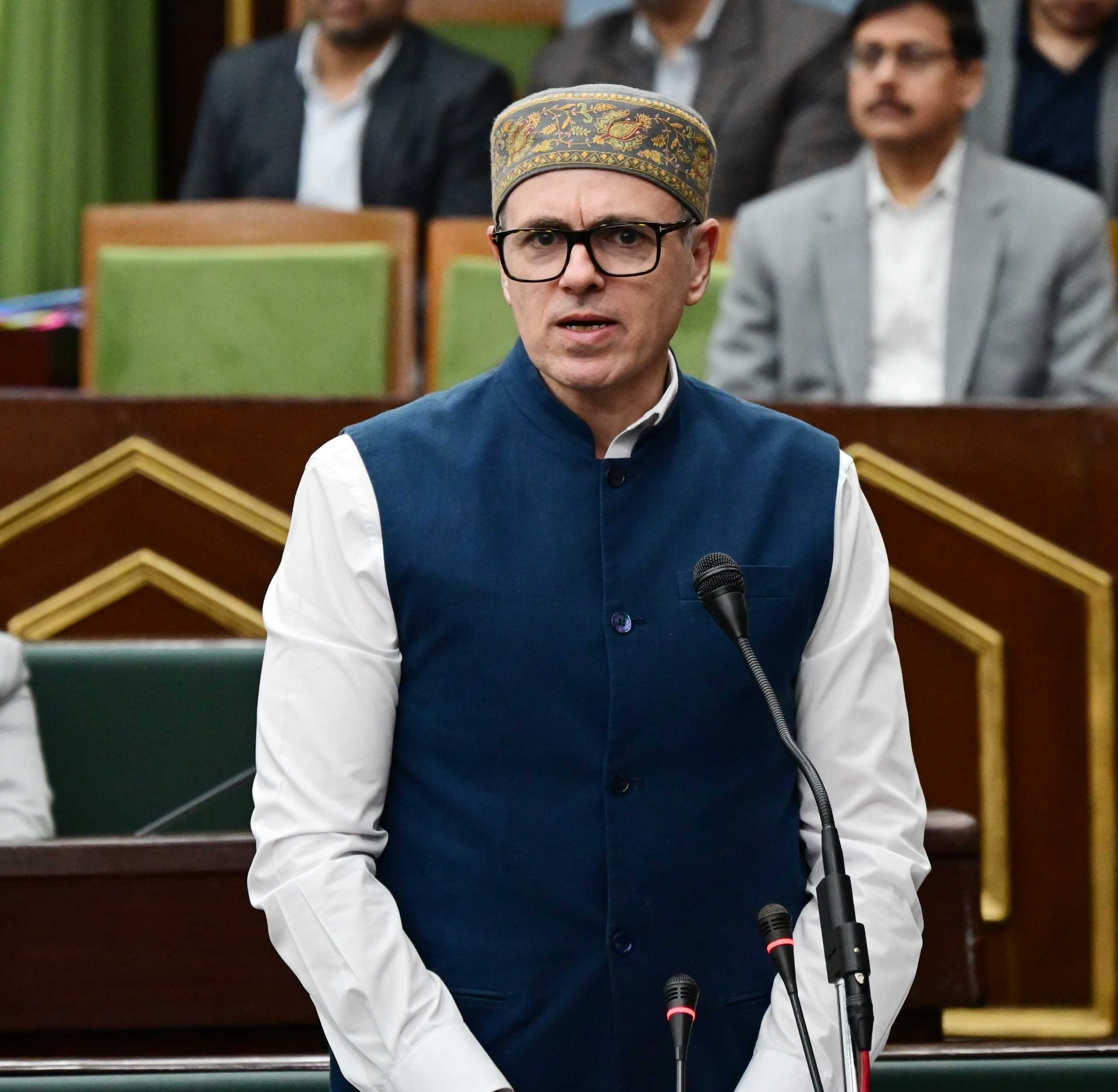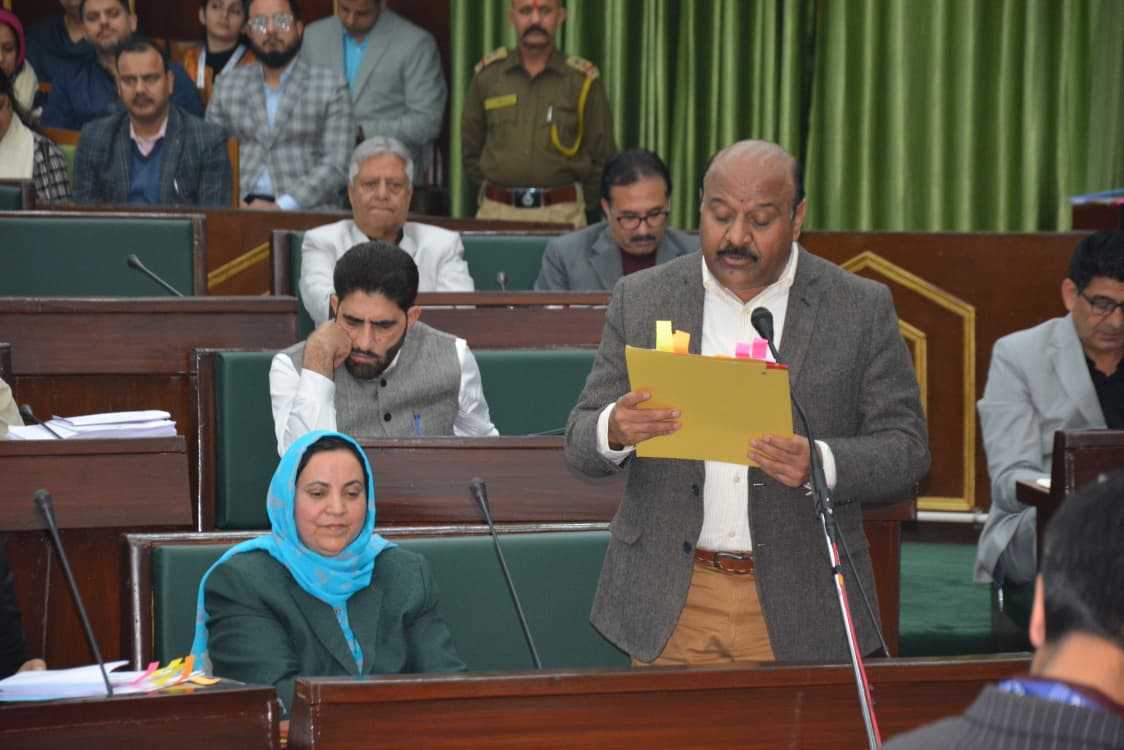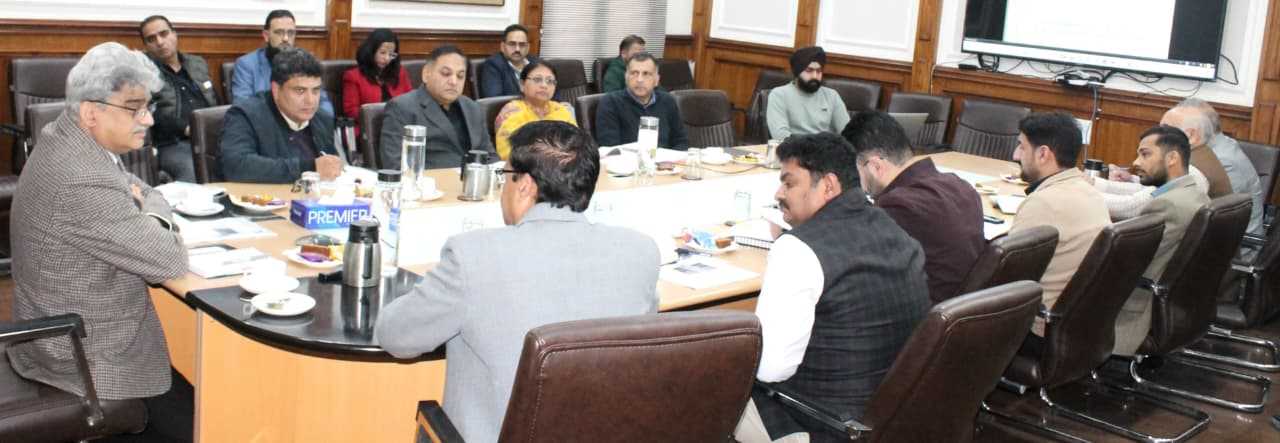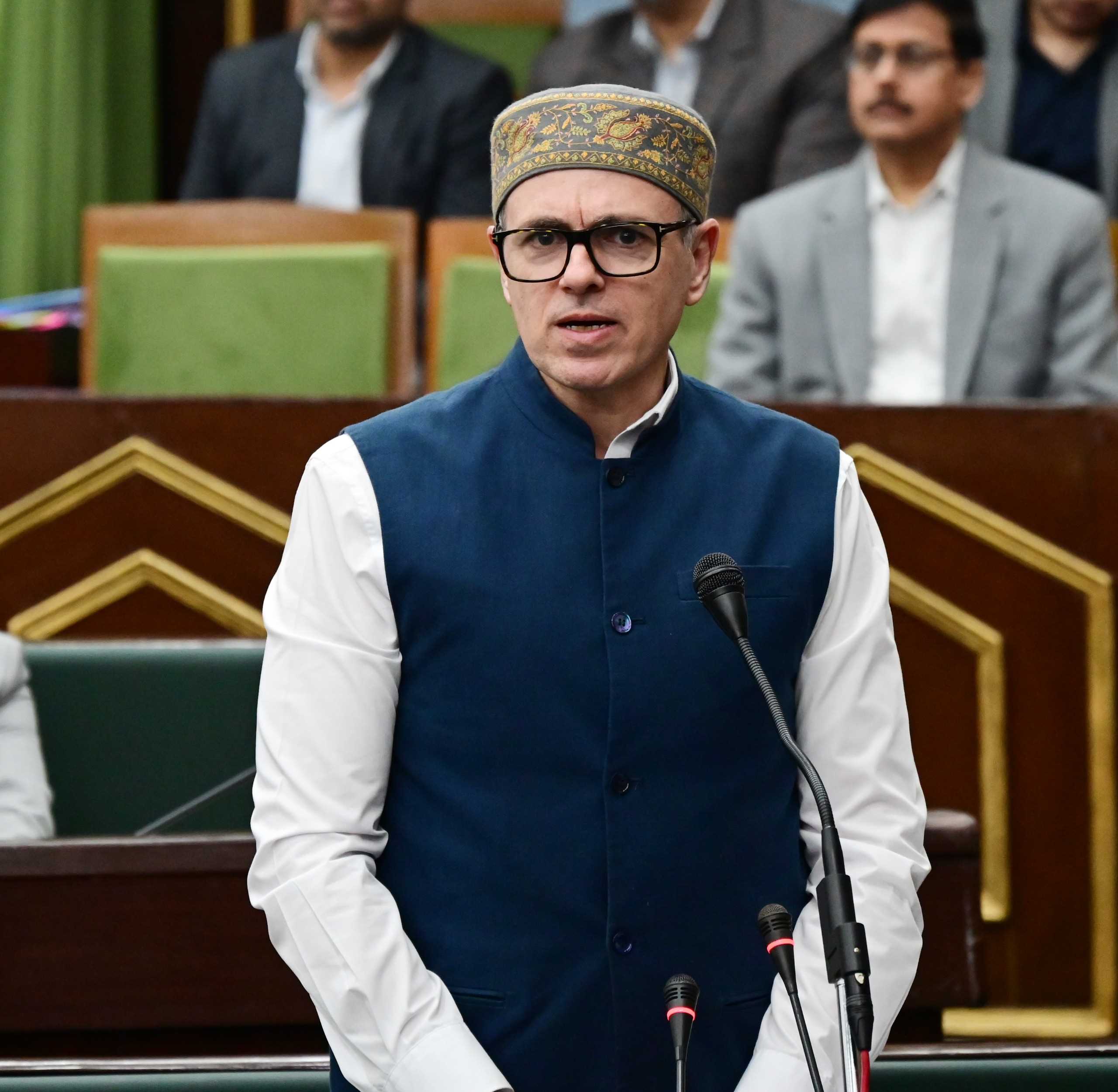Hospitality and tourism, a sector often hailed as a major contributor to economic growth, remains one of the most neglected fields when it comes to employment opportunities for degree holders in Jammu and Kashmir. Universities across the region continue to offer undergraduate, postgraduate, and even doctoral programs in hospitality and tourism, yet the grim reality is that the master's and PhD holders of these programs are left stranded in a job market that offers them little to no scope for a stable career. Why should students be misled into pursuing degrees that do not translate into jobs? Continuing these courses without ensuring employment opportunities is nothing short of deception.
One of the most glaring issues in this sector is the lack of job opportunities within government institutions. If we take the Jammu and Kashmir Tourism Department as an example, we find that barely any of its workforce comprises individuals with formal degrees in hospitality and tourism. The majority of those employed in key positions within the department come from unrelated academic backgrounds, rendering the presence of hospitality and tourism degree holders almost irrelevant in the system. The irony is that while tourism remains a crucial sector for the region's economy, the government has failed to recognize the need for specialized professionals to lead its planning and development.
The situation in the Jammu and Kashmir Tourism Development Corporation (JKTDC) is no different. Despite employing a significant workforce, it is difficult to find even a single employee with a formal degree in hospitality and tourism. This raises a serious question about the recruitment policies in government-run tourism bodies. If these institutions, which are directly responsible for promoting and managing tourism in the region, do not prioritize hiring hospitality and tourism graduates, what future can these degree holders expect?
Even in the recently announced lecturer posts by the Higher Education Department for various subjects, hospitality and tourism was completely excluded. This exclusion highlights the lack of intent in providing employment opportunities for master's and PhD holders in this field. At the same time, the present government continues to claim that it aims to take tourism in Kashmir to new heights. This contradiction between statements and actions only adds to the frustration of those who have pursued advanced degrees in hospitality and tourism with the hope of contributing to the sector's growth.
If we shift our focus to the private sector, particularly hotels and travel agencies, the situation is equally disheartening. In Kashmir, hospitality and tourism degree holders who have spent years pursuing specialized education are being offered meager salaries ranging between INR 10,000 to 12,000 per month—an amount barely sufficient for sustenance. This blatant disregard for their expertise not only discourages students from pursuing hospitality and tourism education but also forces many master's and PhD holders to either switch professions or leave the region in search of better opportunities.
The fundamental question arises: Why should universities continue to offer hospitality and tourism degrees when there is no structured pathway for employment? Unlike engineering, medicine, or management, where degree holders have defined career trajectories, hospitality and tourism education in Jammu and Kashmir seems to be a futile exercise. Universities are producing master's and PhD holders with nowhere to go, leading to a waste of talent, resources, and aspirations.
Instead of blindly offering degrees in hospitality and tourism, universities should first collaborate with government departments and private stakeholders to create employment avenues for master's and PhD holders. Some of the urgent steps that need to be taken include mandatory recruitment quotas for hospitality and tourism graduates in the J&K Tourism Department, better salary structures in the private sector ensuring fair pay for qualified professionals, entrepreneurial support programs to help degree holders start their own ventures, and industry-academia collaboration to ensure the curriculum aligns with practical job market needs.
If these fundamental issues remain unaddressed, then universities should not be allowed to mislead students into thinking there is a future in hospitality and tourism education when the reality is starkly different. Hospitality and tourism degree holders in Jammu and Kashmir deserve justice. They deserve employment opportunities that align with their expertise. Until that happens, the government must stop universities from creating false hopes and leading students into a professional dead end.
Email:-------------------ajazdar.scholar@bgsbu.ac.in


